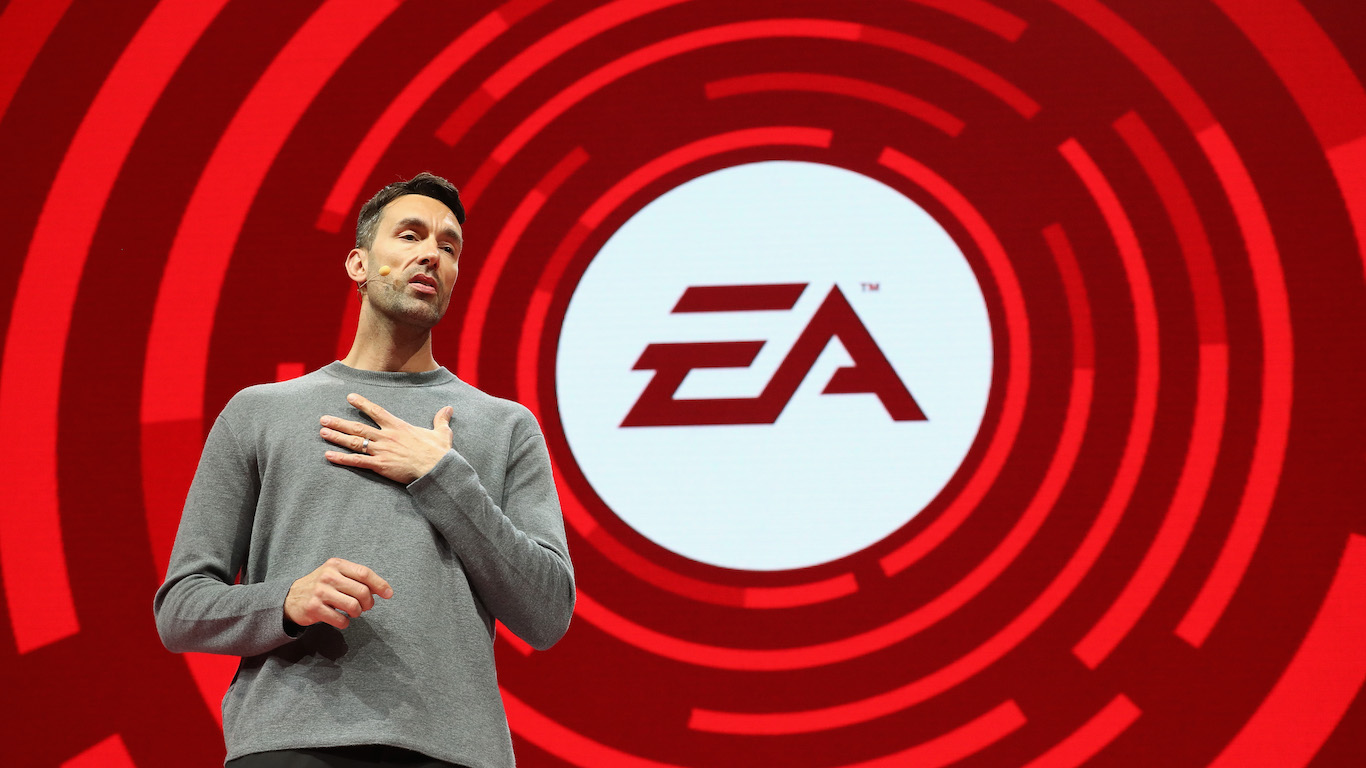Investing
Seek AI Growth for Cheap? This Overlooked Value Stock is a Smart Bet

Published:

Despite the spilling over in July, many of the top Artificial intelligence (AI) stocks are still trading at rather extended valuations. Many battered AI stocks were quick to recover, providing dip-buyers a rather small window to buy. What the market has next for the AI stocks, though, remains anyone’s guess.
Valuations may seem high on the top AI companies (most notably the chip makers), but given how hard it is to gauge demand at this early in the boom, it’s quite possible that even the priciest AI stock could prove a bargain in a year from now.
While I’m not against paying a richer multiple for exposure to premier AI chip makers and designers who are at the front of the AI race, it’s not hard to imagine that some of the more value-conscious folks out there would be more comfortable with a lesser-appreciated firm with a “cheap” multiple and AI upside that perhaps hasn’t yet been realized by the crowd just yet.

Indeed, the AI trade has been going strong for nearly two years now. As the first significant wave of volatility tests the legs of the fastest-running AI stocks, beginner investors may wish to pursue a class of stocks that could indirectly benefit from investments in AI.
At the end of the day, the chipmakers remain high-risk/high-reward types of plays. But for those seeking greater relative safety and more palatable valuations, it’s worth considering firms like Electronic Arts (NASDAQ:EA), which does not come to mind when one hears of AI upside.
Shares of the video game maker are still down around 3% from their July 2018 highs. After doing nothing for more than six years (other than rollercoastering around), it’s clear the company needs to do something radical to level its stock up. Generative AI technology is one way to help EA stock regain its luster. Arguably, one of generative AI’s biggest applications is in the wild world of gaming.
At its 2024 Investor Day, EA CEO Andrew Wilson had big things to say about generative AI and how it will shape his firm’s future. He went as far as to say AI is “the very core of our business.” Indeed, Wilson recognizes the potential of generative AI to breathe new life into not only EA but also the industry at large. Not only can generative AI help create virtual worlds once thought of as unfathomable, but it can (and likely will) trim away at the hefty production costs involved with some of the most ambitious gaming projects.
The video gaming scene has been under severe pressure in recent years. Some big titles have flopped right out of the gate. Perhaps none of them are more notable than Sony (NYSE:SONY) game Concord, which experienced a failure of epic proportions. Though the exact figures aren’t known, the game may have earned back just 1% of its budget. Such a flop could cause industry-wide risk aversion when it comes to ambitious projects.
Either way, AI is just one way that gaming firms can cut down on the risks associated with triple-A or so-called quadruple-A projects. Perhaps EA will be just the first video-gaming firm to embrace AI with open arms as producers look to improve the risk/reward trade-off from their larger titles.

The EA Investor Day was packed with AI innovation, from AI-powered applications in The Sims ecosystem to text-to-scene AI models that generated worlds on the fly, it’s looking like EA is pulling no punches when it comes to generative AI.
As the firm puts its more than 100 AI-related projects to work in future releases, there’s a good chance that EA could be an AI pioneer of sorts for the video game industry. Either way, it was an exciting demo and one that should have investors punching their tickets into the stock.
At 18.7 times forward price-to-earnings (P/E), EA stands out as a bargain-basement AI beneficiary that the rest of Wall Street may have yet to discover.
After two decades of reviewing financial products I haven’t seen anything like this. Credit card companies are at war, handing out free rewards and benefits to win the best customers.
A good cash back card can be worth thousands of dollars a year in free money, not to mention other perks like travel, insurance, and access to fancy lounges.
Our top pick today pays up to 5% cash back, a $200 bonus on top, and $0 annual fee. Click here to apply before they stop offering rewards this generous.
Flywheel Publishing has partnered with CardRatings for our coverage of credit card products. Flywheel Publishing and CardRatings may receive a commission from card issuers.
Thank you for reading! Have some feedback for us?
Contact the 24/7 Wall St. editorial team.